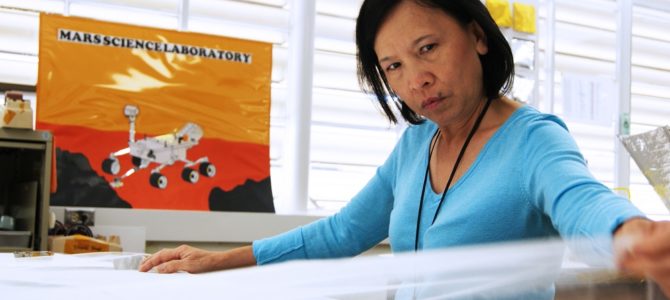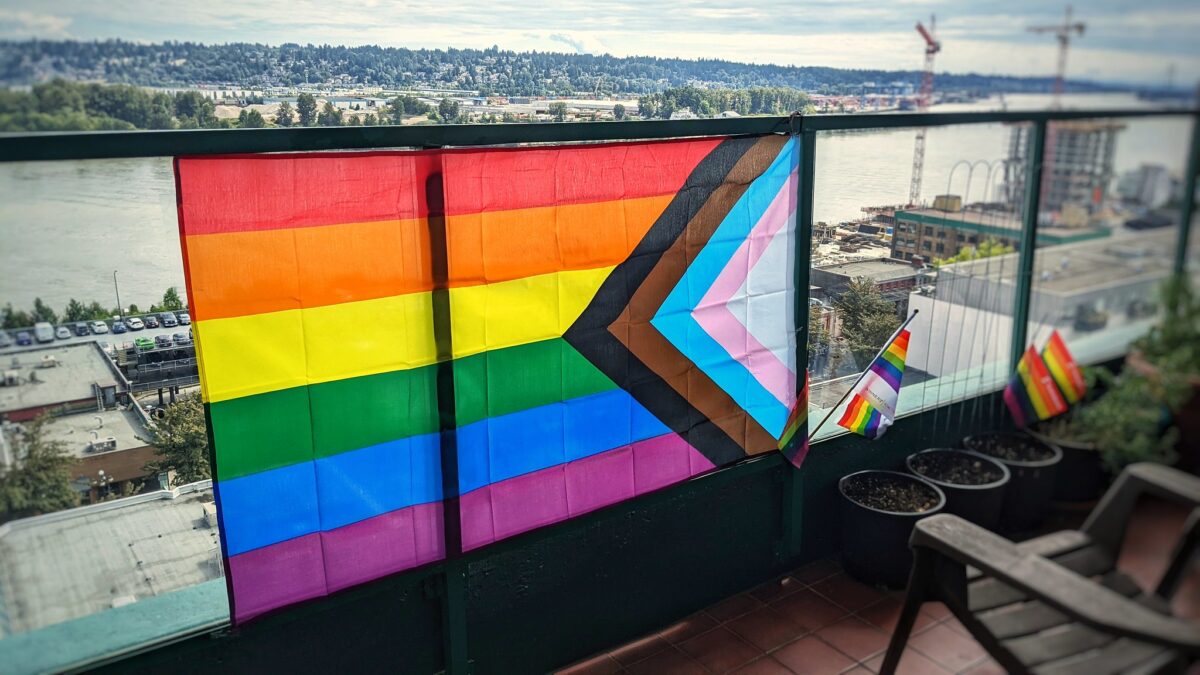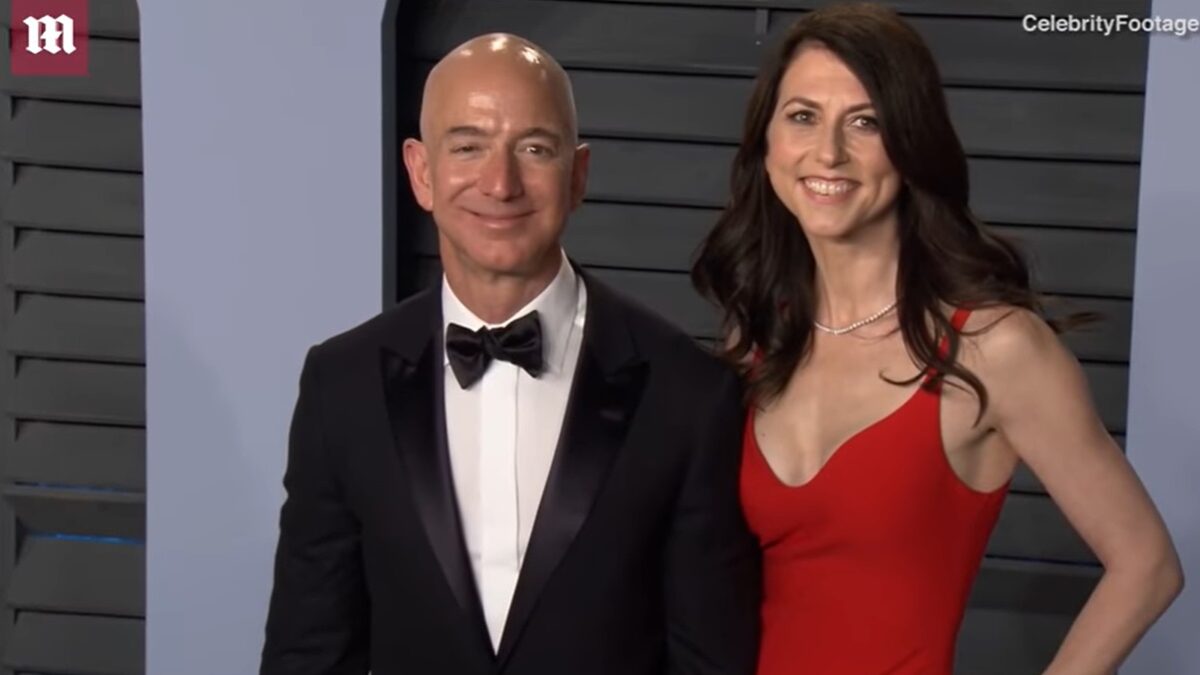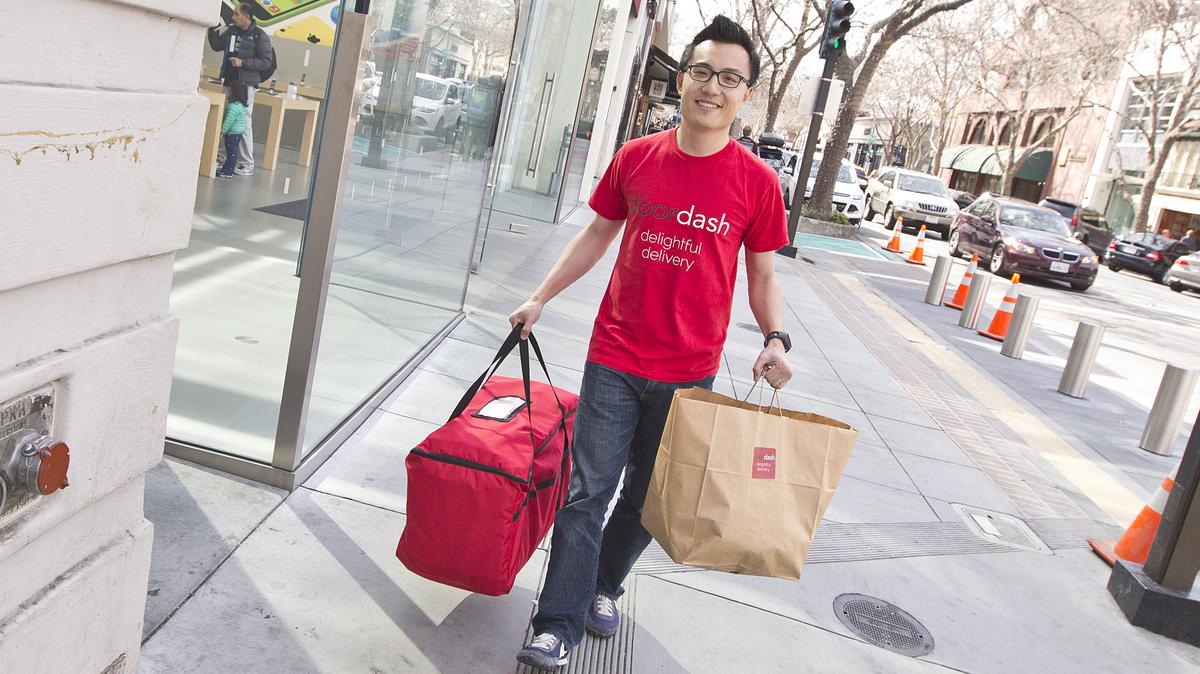
Perhaps one of the inevitable outcomes of economic prosperity and political security is taking it for granted. America is, of course, the wealthiest nation in the world. While there is always room for improvement, by all measures, Americans have it pretty good, and we always have hope for the future, regardless of what pessimists say.
The high standards of living and comfort in the United States have led to concerns about a growing entitlement mentality sinking into American culture. But entitlement is rooted in something deeper: the delusion of security.
This illusion removes us as the primary actors in our own economic wellbeing and positions us as dependent on something with the power to offer stability—such as businesses, employers, or the government. This outlook is most obvious from the political left, which proposes ideas that promise to remove fear and worry from our lives, from limitless health-care budgets to a carefree retirement. These ideas are, of course, built upon another fallacy, that Big Business and the rich are bottomless sources of funding.
Worry-free lives are not reality, however, and politicians suggesting they are possible dangerously distort individual behavior. Worry and fear are important indicators in motivating and guiding individuals to take prudent steps to minimize their vulnerability, such as planning for a rainy day and for retirement.
Unfortunately, well-intentioned policy proposals continue to advance the view that we simply need to forcefully demand other people to provide the things that will make our lives better and more comfortable—someone else will pick up the tab or handle tricky details like cost. The recent teachers’ strike in Los Angeles offers a case-in-point as we watched some of our nation’s educators make salary demands that don’t match reality. Being angry and yelling loudly, unfortunately, cannot make the math add up.
The left’s call for a federal jobs guarantee as part of Alexandria Ocasio-Cortez’s Green New Deal takes this lack of understanding further by suggesting that it’s even possible to guarantee a job. This idea reflects a complete ignorance of the fact that wealth is created, not something that exists in stagnant perpetuity, and that jobs exist to generate that wealth.
No one, not even the rich, can pay for something if they don’t create the revenue to do so. This harsh truth is vividly illustrated in the book “Janesville,” which details the closing of the town’s largest employer, GM. When consumers won’t buy a company’s product, it simply cannot provide jobs.
But it’s not just the policy proposals that are concerning, it’s a general mindset that these initiatives promote: that individuals’ role in their own economic stability is smaller than it actually is, and the role of their employer and the government is much bigger.
For example, I recently had coffee with a woman who had just been laid off. She had been working at a start-up media outlet that failed to catch on and was forced to shutter. During our conversation she asked if it makes me nervous to be out on my own and if I worry about losing clients.
We should all be a little nervous, because security is not reality. She lost her job and, subsequently, her one source of income. I, of course, can and have lost clients. It hurts, but the difference is multiple sources of income versus one.
Insecurity is reality. We simply are never secure. Accepting that and acting with that knowledge in mind is critical to building stronger individuals and a stronger country. The more agency individuals take in their own economic planning and stability, the stronger we’ll be—not only as individuals, but as a nation.
This is an all of the above approach: from staying out of debt, to building savings, to saving for retirement, to learning how to invest wisely. We should cultivate a culture that pursues multiple revenue sources and constant skill-building—not putting all your eggs in one basket, as the old adage goes. These are habits worth encouraging, not undermining.
Recognizing that no job is guaranteed to last forever is the first step in fostering a habit of self-driven, skill-building, and professional development that allow for easier transitions in the case of job loss. In an article for Inc., “Want to Become a Millionaire? Create Multiple Streams of Income,” Amanda Abella offers great tips for building streams of income through individual enterprise, that show individuals how to take control over their financial security.
Notably, Abella wrote the article to help people cushion the blow of job loss, underscoring the principle that individuals can and should be CEOs of their lives, rather than vulnerable to the decisions of a single employer.
Instead of reinforcing the reality of insecurity, the government perpetuates the myth that the rich and Big Business can always provide safety and security by proposing programs that make unaffordable promises like free health care, debt forgiveness, and even jobs, which ultimately depend on a strong and healthy economy. These policies also water down the role individuals need to play in their own financial planning.
It’s important to remember that American prosperity is created and built by individuals. America was founded by people who created their own jobs. Our nation’s prosperity depends on raw hard work and ingenuity that not just sustains, but builds, prosperity. This is the critical ingredient for jobs, a well-funded social security program, and many other benefits of economic prosperity.
The assumption that a safety net will always be there is erroneous and dangerous. Our national debt now more than $21 trillion. This alone proves far too many people think we can just keep raising that limit to fund programs that make our problems, like personal debt and earning a comfortable income, go away. Such an attitude contributes to a passive citizenry and perpetuates the idea that someone else will make everything okay for us.
The bottom line is that insecurity is reality. The more individuals recognize this and take steps to construct their own safety nets, the stronger we’ll be as individuals and as a nation.









